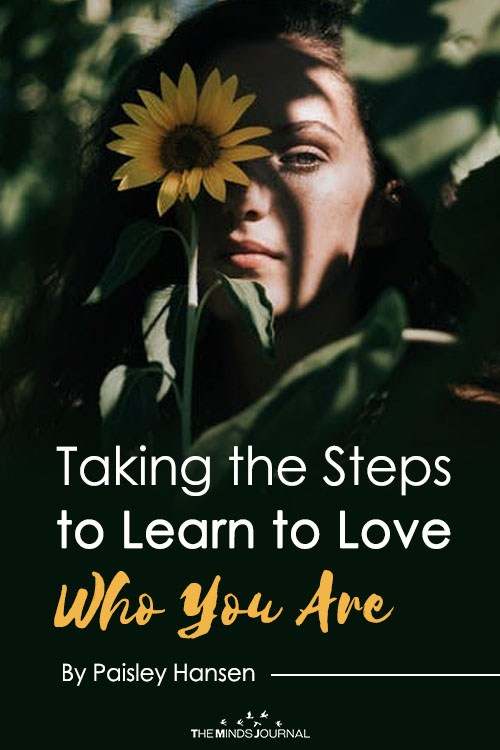The Steps to Learn to Love Who You Are
How Can I Love Who I Am?
It would be easy to blame modern technology for the lack of self-esteem and self-confidence in people today. After all, it isn’t easy to try to measure up to all of the advertisements, social media posts, and images of people who supposedly have the perfect body, tons of money, and everything that they ever wanted in life. But if we take a closer look at the problem, it actually existed far before the invention of the internet. One reason for this is that few people were ever taught how to love themselves just the way they are. Luckily, it is never too late to learn something new though, especially if you have a few tips to get started with.
Read 12 Habits of Positive People and What They Do Differently
What is so Great About You?
We are all unique individuals with different talents, skills, and traits. It is very important to remember this because one of the main reasons that people start to feel bad about themselves is that they think that they have to match up to other more supposedly perfect people. Trying to see the best in yourself isn’t easy when you have been criticized and rejected for years though. So, in order to change this, it helps to make a list of all the positive things about yourself. This list can include everything from the color of your eyes to your work ethics and the kindness that you show others.
What Do You Not Like About Yourself?
Now comes the hard part. You have to look at the things about yourself that you don’t like. Once you are done with this list, each of the items has to be addressed one by one. In order to do this, you have to ask yourself what made you start to dislike this aspect of yourself. Was it because of the comments made by a bully or a family member? Or did someone make you feel ashamed that you had less of something than what they did? Do you simply struggle with loneliness? Write this information down next to all the items that you listed.
Read 15 Ways To Be Kind To Yourself (Especially When Feeling Down)
How Do You Measure Up?
After you identify what you like and don’t like about yourself, it is time to put both of the lists side by side. Then, start the process of matching up a positive aspect of yourself to every negative one. For example, a person who struggles with the way that they look might be kind and compassionate to others because they know how it feels to be bullied. If there doesn’t seem to be enough items on the positive list to cover all of the negative attributes, go back and work on it some more.
Do You Really Want to Change?
The next exercise is to close your eyes and imagine yourself as being everything that you wish you could be. Then, think about how the changes would affect your life and whether or not they are realistic and good for you. If they are positive, such as furthering your education or losing a few pounds by watching your ketone level, then write those goals down. But if they are negative issues based on the insults and cruel comments of others, do your best to let them go. People who intentionally hurt others have their own issues to work on. You don’t have to allow them to affect you anymore.
Read 15 Simple Ways You Can Boost Your Emotional Health
Write Down What You Learn
After going through the process of closely examining all of the parts of yourself, you will make some surprising discoveries about your inner beliefs and what caused them. This is important because the main reason that people don’t love themselves is because they never took the time to see all the good that they have inside. But remember, if you are still struggling, seek the guidance of a licensed counselor who can help you with the process.








